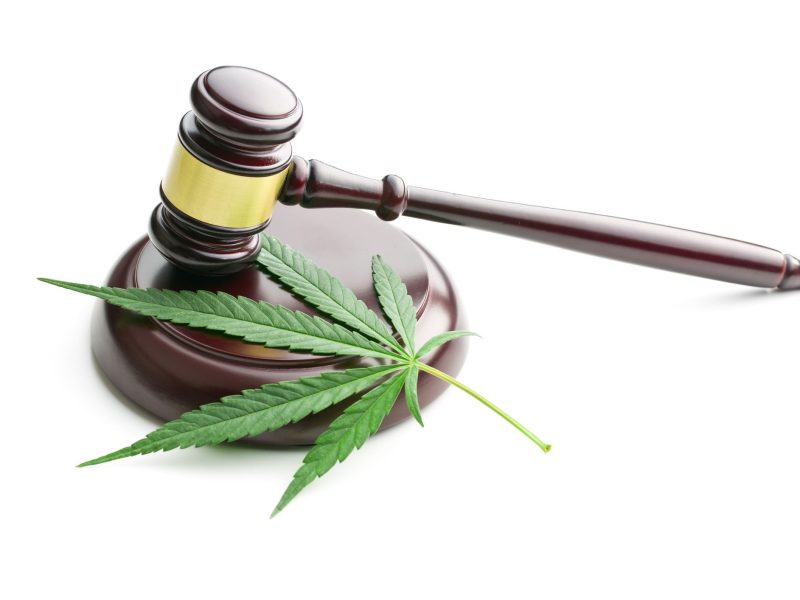Understanding Cannabis Laws Around the World
Cannabis, commonly known as marijuana, has been used for centuries for its psychoactive properties, medicinal benefits, and industrial applications. However, its legal status varies dramatically across the globe, influenced by cultural, political, and historical factors. As attitudes toward cannabis continue to evolve, so too do the laws governing its use. This article will explore the current landscape of cannabis laws around the world, highlighting key regions, developments, and the implications of these laws.
North America
United States
The United States presents a complex patchwork of cannabis laws. At the federal level, cannabis is classified as a Schedule I controlled substance under the Controlled Substances Act, making it illegal. However, many states have taken steps to relax restrictions on cannabis:
- Recreational Use: As of October 2023, over 23 states, including California, Colorado, and Illinois, have legalized recreational cannabis use for adults aged 21 and over. States like Oregon and Vermont have decriminalized possession and limited the penalties for recreational use
- Medicinal Use: A majority of states have legalized the medical use of cannabis for specific conditions. States such as Florida and Arizona permit patients to use medical cannabis with a physician’s recommendation.
Canada
In 2018, Canada became the second country in the world to legalize recreational cannabis nationwide, following Uruguay. The Cannabis Act regulates the sale, consumption, and possession of cannabis:
- Legal Age: The legal age for cannabis consumption varies by province, ranging from 18 to 19 years.
- Regulation and Distribution: Cannabis is regulated at both the federal and provincial levels, with established retail systems and strict rules surrounding marketing and packaging.
Europe
The Netherlands
While cannabis remains illegal under Dutch law, the country has long been known for its tolerant approach. The “gedoogbeleid” policy allows for the sale and use of cannabis in licensed coffee shops, provided the possession limit does not exceed five grams for personal use.
Germany
In 2021, Germany took significant steps towards cannabis reform by proposing legislation to legalize recreational use. As of October 2023, a demonstration project for regulated sales of recreational cannabis is underway, with further discussions on broader legislation anticipated.
Switzerland
Switzerland has taken its own approach with pilot programs for cannabis, allowing controlled sales to adults in selected cities. This experimental legislation aims to assess the impacts of legalization on public health and safety.
Latin America
Uruguay
Uruguay made history in 2013 by becoming the first country in the world to fully legalize cannabis for adult use. The government regulates production and distribution, and citizens may cultivate cannabis in their homes or purchase it from approved pharmacies. The country directly challenges the paradigm of drug prohibition by facilitating a controlled market.
Mexico
In 2021, the Mexican Supreme Court ruled to decriminalize recreational cannabis use, paving the way for comprehensive regulatory frameworks. Subsequent legislation is under development to create a legal market for cannabis.
Asia
Thailand
Despite being largely restrictive, some countries are beginning to reconsider their policies. Thailand made headlines in 2022 by legalizing medical cannabis and promoting its use to encourage health and wellness throughout the country.
While other nations, such as Japan and South Korea, maintain stringent laws penalizing the use and possession of cannabis.
Middle East
In various parts of the Middle East, cannabis is still associated with severe penalties. However, progressive changes are occurring gradually:
Israel
Israel has emerged as a leader in cannabis research and medicinal programs, allowing the use of medical cannabis under strict regulations. In 2019, the country upgraded regulations, signaling potential advancements toward wider legalization measures for recreational use.
Lebanon
Lebanon recently legislated the cultivation of cannabis for medical use and industrial agriculture, offering farmers an alternative source of income. Amidst ongoing economic crisis, this initiative presents both an opportunity and significant social consequences.
Conclusion
The global landscape of cannabis laws is evolving faster than ever, influenced by shifting public perceptions, scientific research, and socioeconomic factors. While some regions are embracing legalization and regulation, others remain steadfast against cannabis culture due to deep-rooted stigmas. It’s important for advocates and policymakers to engage in meaningful conversations and research grounded in science to shape future laws and create solutions reflecting societal needs. As countries begin to acknowledge the economic and medicinal potential of cannabis, the ongoing trend toward legalization could soon unravel deeply entrenched attitudes, creating a network of regulatory regimes that reflect careful policy making rather than prohibition.



